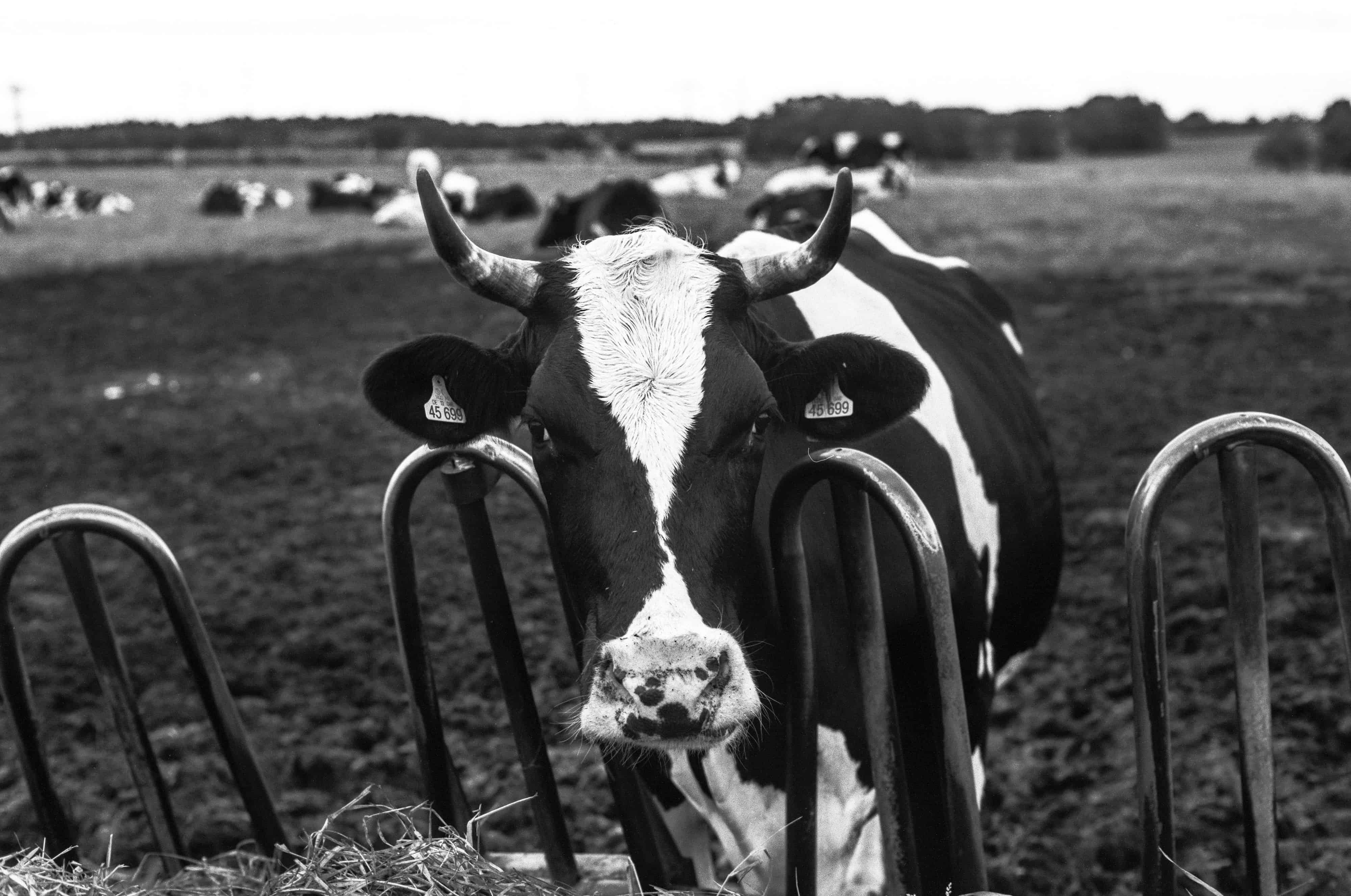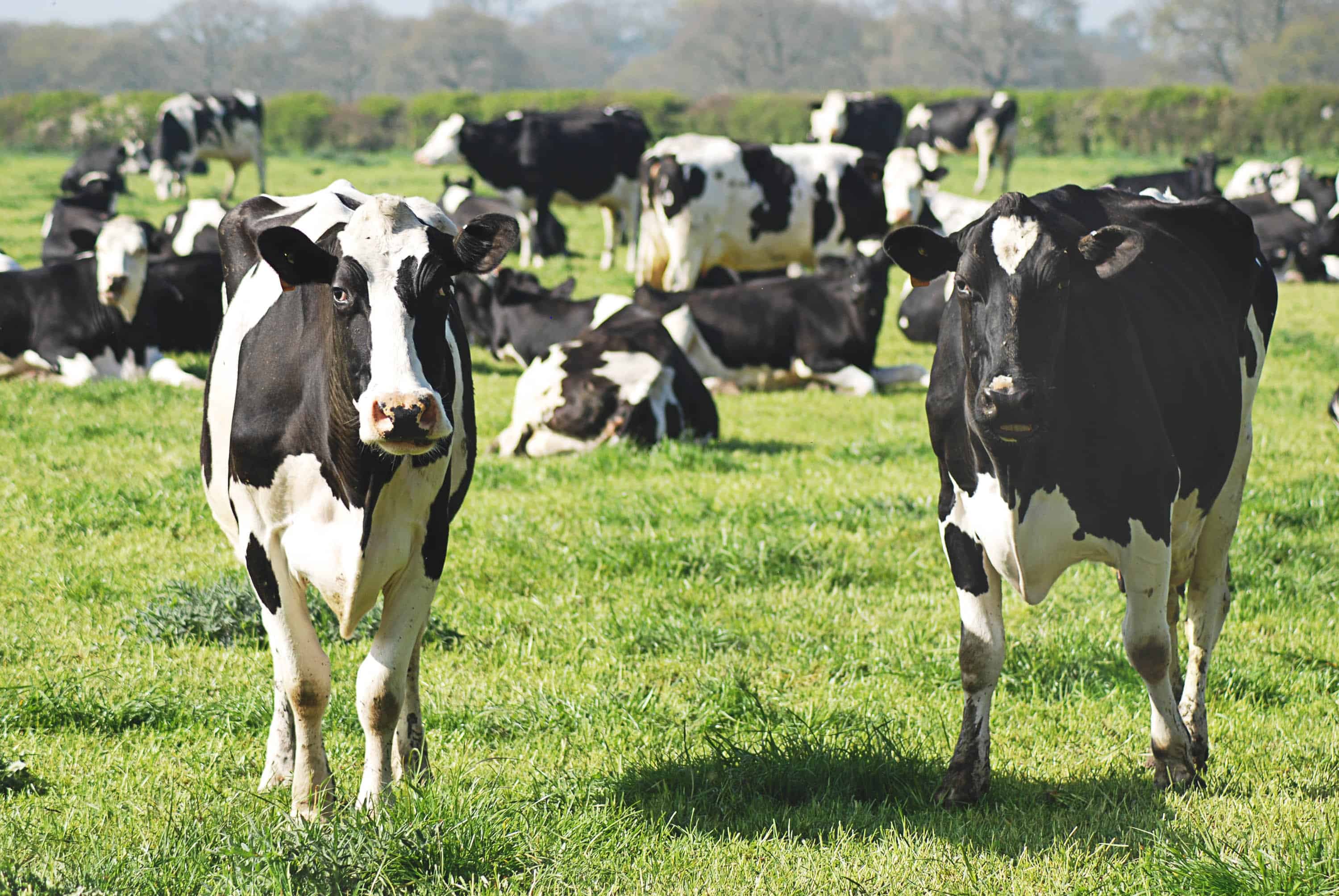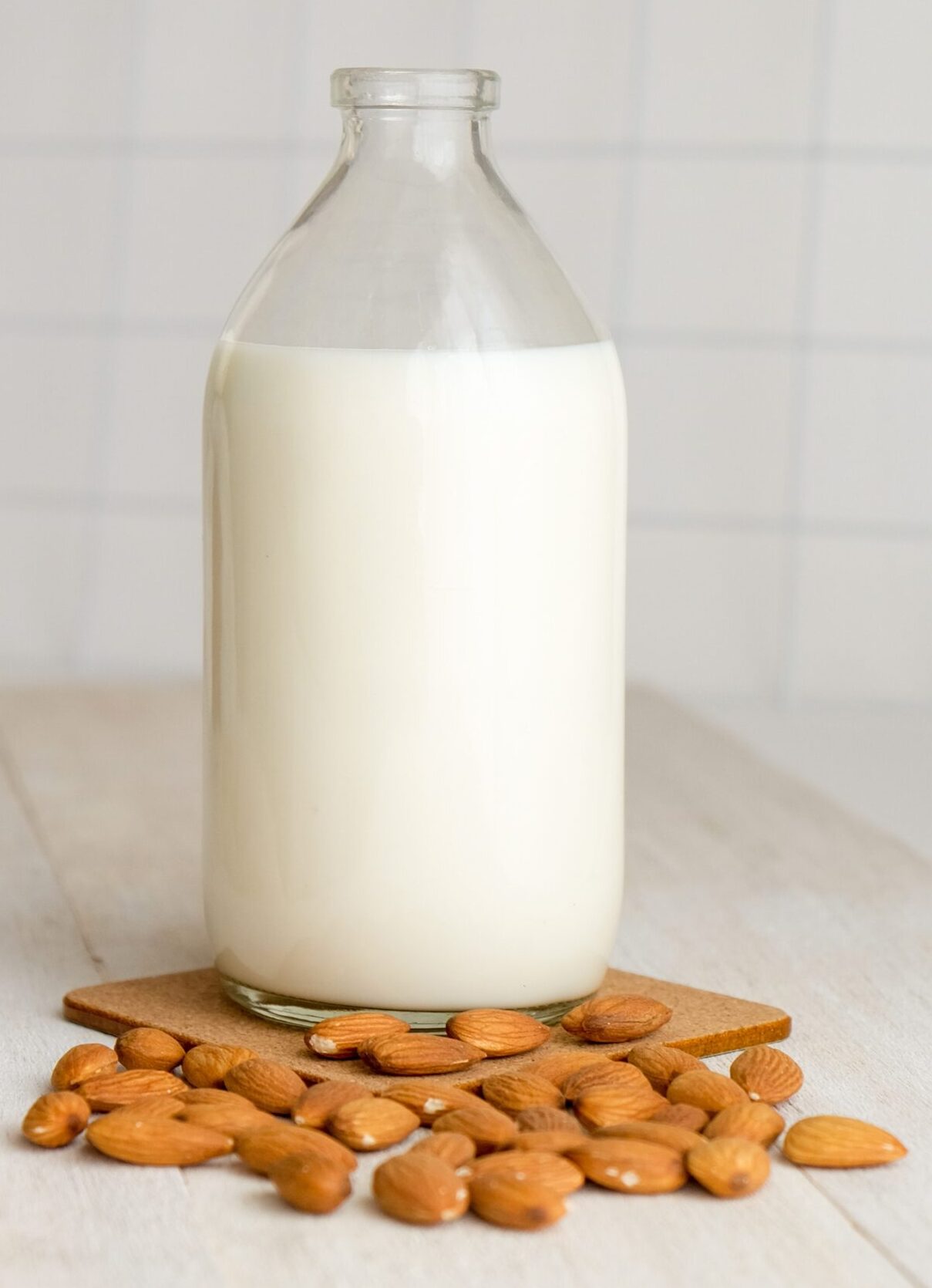Milk is a vital yet controversial source of nutrition for billions of people worldwide, no matter the source.
Milk is filled with calcium and vitamins A and D that help with absorption.
The ethics behind farming milk have been under fire due to the animals’ quality of life we drink milk from, such as cows and goats.
We need to ask ourselves if milk can be cruelty-free?
Dairy milk can be cruelty-free if the animals being farmed have an excellent quality of life, proper diet, and ample time outside of the barn to graze and be animals. Plant-based milk is a better option to be cruelty-free toward animals.
There are many different sources of milk, including animal and plant based.
By default, plant-based milk does no harm to animals and can be considered cruelty-free; however, the environmental impact of plant-based products should be looked into.
Animal Sources of Milk
Dairy milk comes from mammals, mostly cows and goats. However, dairy milk can also come from sheep and water buffalo.
Dairy milk has many benefits, and doctors don’t recommend switching to plant-based milk unless there is a medical or moral reason.
How Milk is Farmed
Before your milk has been poured into your glass, it goes through a long journey, starting with the source.
Cow’s milk has been farmed for millennia, and cows have been selectively bred to produce large milk quantities.
Cows can only produce milk if they have been pregnant, so all dairy cows have been pregnant, usually from artificial insemination.
Dairy cows usually produce milk for about three years, and once they are done, they are slaughtered for beef.
Cows typically live to about 20 years, but dairy cows live for about five years. A dairy cow produces about 7.5 gallons of milk per day, which is more than five times the amount they need to create for their calves.
Once the milk is out of the cow, it is pasteurized to remove harmful bacteria that are more likely to grow from over-milked cows.
Raw milk is still available, but many doctors don’t advise drinking it.
Conditions for Dairy Cows
Dairy cows are susceptible to many different illnesses due to continually being impregnated and farmed.
Many dairy cows have difficulties walking and standing correctly due to the extra weight from the milk they are carrying, preventing them from naturally becoming pregnant.
They also tend to develop mastitis, an infection, and inflammation in their udders, which is extremely painful and can cause a cow to die.
They are also susceptible to infections from being housed indoors with very little time outside, so respiratory infections are likely to spread within herds.
Dairy cows are also tethered to their stalls, preventing exercise and movement.
Dairy cows also do not get fed a proper diet and tend to develop digestive, fertility, and structural issues since the importance is placed on milk-yield instead of overall health.
Many dairy farms also give their cows hormones, such as rBST, to increase the amount of milk they produce.
Dairy cows also don’t get to be properly socialized and tend to experience psychological distress because, as calves, they get taken from their mothers.
Many male calves don’t grow up to be dairy cows and are often sold to become veal.
Bull Conditions
The male calves that grow into bulls are subjected to other horrible treatments such as:
Is Organic Milk Cruelty-Free?
With the “organic” label, many people think that the milk they are drinking is more natural and the cow has a better diet; however, organic milk has different standards than non-organic milk that are more humane.
For milk to be labeled as “organic” by the USDA, dairy farmers need to ensure that:
How to Make Milk Cruelty-Free
With the high demand for milk, many people wonder if the milk they drink is cruelty-free.
As there is no standard definition of “cruelty-free” by the FDA, different organizations have their standards for being “cruelty-free.”
For something to be considered “cruelty-free,” it needs to follow the following guidelines:
Changes That Dairy Farms Can Make
Since many people think dairy farms are unethical and cruel towards cows, dairy farms can make many changes to ensure that the milk they farm is cruelty-free.
Some significant changes that can be made are:
Even though they are less likely to happen, due to the demand for milk and the world’s population not decreasing, some other things dairy farmers could do are:
Changes Consumers can Make
As a consumer, you have control over what you eat, drink, and buy. Some things you can do to help milk be cruelty-free are:
Other Dangers of Mass-Milk Farming
Farming milk from cows isn’t always the best for the environment.
Dairy farms are known to be sources of various forms of pollution, including:
Plant-Based Sources of Milk
Many people worldwide choose to drink plant-based milk sources for various reasons, including having lactose intolerance or a personal choice, such as veganism.
Since milk is an essential source of calcium and vitamin D for many people, plant-based milk is often enriched with these extra vitamins and minerals.
Some excellent sources of plant-based milk are:
Each type of plant-based milk has its unique flavor and texture.
Many people opt out of drinking plant-based milk due to allergies to tree nuts, coconuts, or soy, but many options are available to choose from.
Many brands also have different varieties of milk available, including flavored, low fat, and unsweetened.
Ethics of Plant-Based Milk
The popularity of plant-based milk has soared in the past decade with the rise of alternative diets and pressure for animals’ ethical treatment towards dairy farms.
With the increased farming of these plants, people should look at if the plants they are drinking milk from are sustainably farmed.
Some issues with plant-based milk
Conclusion
While plant-based milk is one of the most natural ways to have milk be cruelty-free, there is still potential for the harvests to be unsustainable and damaging to the environment.
Dairy milk can also be completely cruelty-free – but this will depend on what we demand from our suppliers.
Without speaking up – we naturally inhibit the transition to cruelty-free milk being available in our shops.



